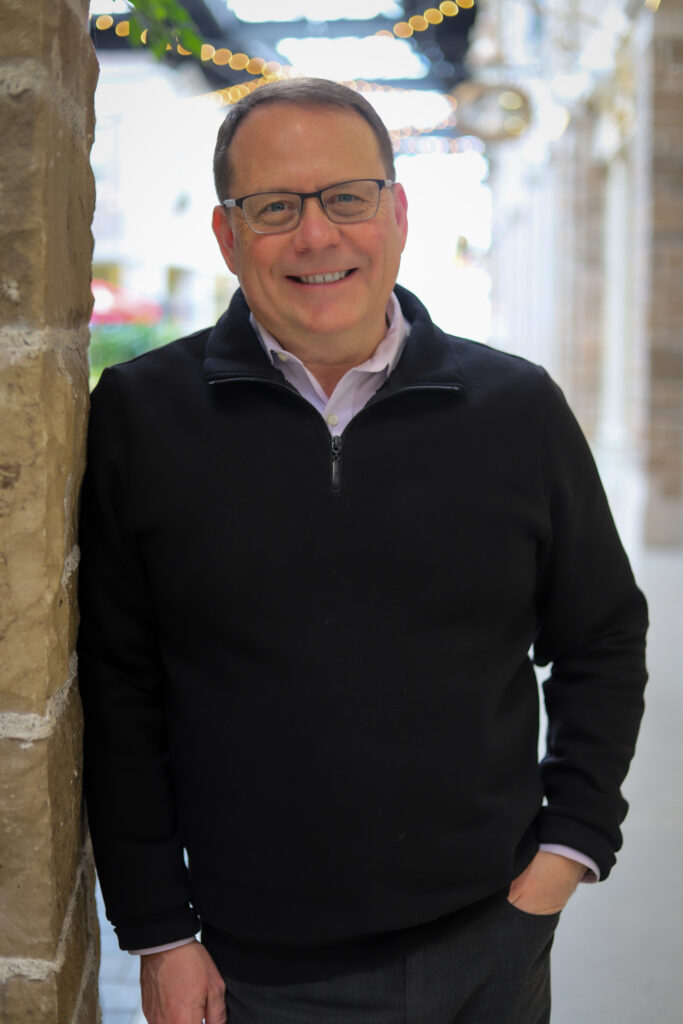“I remain eager to speak with the Premier about how Ontario can be a climate leader, how we can balance our finances without hurting the most vulnerable, and how we can make sure everyone has an affordable place to call home,” said Schreiner.
He also asked the Premier to adopt a more conciliatory tone, bringing down the temperature after a hostile first year.
“We must all do better – the government and opposition parties – to find common ground. We were elected to build Ontario up, not tear each other down. I will continue to put collaboration over confrontation, solutions over attacks,” said Schreiner.
Schreiner asked the Premier to assist in passing his private member’s bill to protect drinking water in the Guelph region, which received all-party support at second reading.
“What better sign of a renewed legislature if we could work together to pass the first Green law in Ontario history, legislation based on bills from previous Conservative, NDP and Liberal MPPs,” said Schreiner.
The Green leader reflected on the federal election, noting the missed opportunity to have an important conversation about an economic transition towards the clean economy, now valued at $26 trillion globally.
“We should see this transformation not as the reluctant chore of fighting climate change but as a golden opportunity to build a bridge to the future that we can walk across together,” he said.
Schreiner noted the government’s failing grade on its own ‘Made-in-Ontario’ environment plan and committed to being a champion for jobs in building retrofits, green transit and infrastructure, as well as the low-carbon jobs of the caring profession.
“I want to talk about creating jobs instead of cutting jobs for teachers, nurses, personal support workers, mental health providers and all the other low-carbon jobs that ensure we are taking care of each other,” said Schreiner.
Schreiner also committed to finding solutions to the housing crisis gripping the province by meeting with people, communities and experts.
“We need smart, modern solutions to unlock affordable housing and put the needs of families, seniors and young people ahead of speculators and deep-pocketed developers,” he said.
